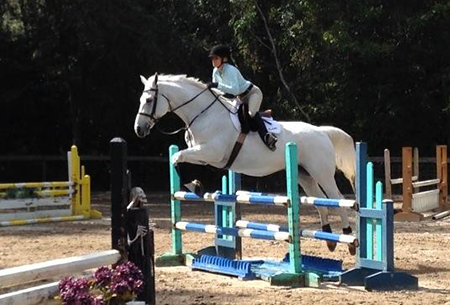Gastric Ulcers
Gastric Ulcers: Avoidable or Just a Fact of Life? By Chris Sanchez, DVM, PhD, DACVIM (LAIM) The Problem Most equine gastric ulcers affect the squamous mucosa, the top half of the stomach. The prevalence of gastric ulceration in Thoroughbreds in race training varies from 70 to…









